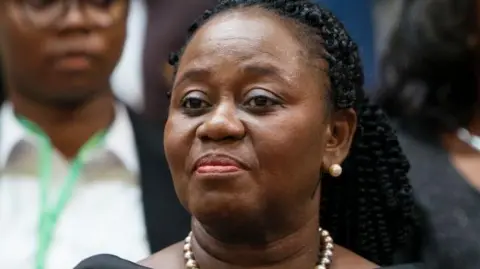Lee Jae-yong, Samsung's de facto leader, was exonerated after the Supreme Court upheld previous not guilty verdicts. The high-profile case involved accusations of stock and accounting fraud tied to a merger worth approximately $8 billion. Lee's legal troubles began in 2017 when he was arrested on bribery charges, which he has consistently denied. Amid the public and governmental scrutiny surrounding his case, Lee received a pardon in 2021, cited for his potential role in leading South Korea's recovery from the pandemic.
Samsung's legal issues have compounded as the company faces heightened competition and fluctuating stock performance. Despite Lee's recent acquittals, uncertainties remain regarding the firm's corporate governance and its implications for the chaebol system in South Korea, which has been previously marred by corruption allegations.
Today’s verdict was framed as a validation of the legality of the 2015 merger, giving a much-needed respite to Samsung as it navigates through complex financial and market challenges. The Supreme Court's ruling could potentially influence public perception of the chaebol structure, raising questions about accountability in South Korea's corporate sphere.
Samsung's legal issues have compounded as the company faces heightened competition and fluctuating stock performance. Despite Lee's recent acquittals, uncertainties remain regarding the firm's corporate governance and its implications for the chaebol system in South Korea, which has been previously marred by corruption allegations.
Today’s verdict was framed as a validation of the legality of the 2015 merger, giving a much-needed respite to Samsung as it navigates through complex financial and market challenges. The Supreme Court's ruling could potentially influence public perception of the chaebol structure, raising questions about accountability in South Korea's corporate sphere.



















